Switcher & Sulochana: Circular economy in the textile industry
Posted by Marc Joss on February 18, 2025Interview with Ramakrishnan Sabhari Girish, Head of Sustainability at Sulochana Cotton Spinning Mills Pvt. Ltd.
Sulochana Cotton Spinning Mills Pvt. Ltd. is a pioneer in the production of mélange yarns and has been shaping the Indian textile industry since its inception in 1990. With over three decades of experience, the company specializes in high quality, customizable yarns that seamlessly combine fashion with sustainability.
As a partner and investor of Switcher Trading Sàrl, Switcher shares with Sulochana a strong commitment to sustainability. Switcher has set itself the goal of minimizing and offsetting its CO2 emissions by 2028. Recently, in collaboration with Carbon Connect AG, the company calculated its carbon footprint for the first time for the 2023 reporting period, including Scope 1, Scope 2 and Scope 3 emissions. It is also aiming to produce the entire collection from 100% organic or recycled materials by 2028. 
Girish can you give us an insight into the innovative approaches Sulochana Cotton Spinning Mills is taking to recycle plastic waste into high-quality, sustainable products?
At Sulochana, we control the entire textile value chain - from recycled polyester fibers to spinning, knitting and garment production. Our commitment to sustainability starts with the recycling of 7 million PET bottles every daywhich are converted into dope-dyed polyester fibers. Unlike traditional dyeing, which is a major polluter, our process completely eliminates water consumption, saving 9 million liters of water every day.

In addition, we operate our production using 100 % with renewable energywhereby 94 % from wind and 6 % from solar energy. from solar energy. To reinforce our commitment to clean energy, we even manufacture our own solar panels.
Six years ago, we introduced recycling technology for cotton waste and turned waste that would otherwise end up in landfill into sustainable fibers. By combining recycled cotton with recycled polyester, we produce 100% sustainable fabrics. We were also pioneers in the industry with the first life cycle analysis for dope-dyed recycled polyester fibers. The results speak for themselves: 96% less greenhouse gas emissions, 78% energy savings and 98% less water consumption.

Beyond textile production, we are committed to social responsibility. We run an animal shelter for 1,000 stray dogs and in our Goshala we look after 350 abandoned cows and bulls.
For us at Sulochana, sustainability is not just a promise - it's our heritage. We work tirelessly to create a greener future for generations to come.

How does the pricing of your recycled products, which are made from PET bottles and combined with natural fibers and yarns, compare with conventional alternatives? What factors influence their cost efficiency?
Sustainability is often associated with higher costs, but we take a different approach. Our aim is to implement sustainable practices at no extra cost to our customers. for our customers. Through strategic planning and economies of scale, we can ensure that sustainable fibers offered at the same price as conventional natural fibers. This allows customers to choose environmentally friendly alternatives without having to accept financial disadvantages.
Can you tell us about some of the key innovations you are currently working on?
Textile-to-textile recycling is one of the biggest challenges in the industry today. To overcome this challenge, we are working with leading innovators and partners to develop advanced recycling solutions that can turn discarded textiles back into polyester through state-of-the-art chemical processes.

Until 2027 we want to have a fully functional, scalable system for textile-to-textile textile-to-textile recycling and thus pave the way for a more sustainable and circular textile industry.
What innovations can we expect to see in the new Switcher collection?
In the Switcher collection, we will focus in particular on the unique Shirt Max further. This T-shirt, 100% made from recycled fibers and dope-dyed, is an outstanding answer to fast fashion.
In addition, together with the Switcher team in Switzerland, we have developed a new fiber for a workwear polo shirt developed. This shirt combines inside comfortable cotton with an outer layer of recycled polyester. As a result, it offers the wearer the soft cotton touch and at the same time all the advantages of polyester - it is also industrially washable.

We have already launched the new 2531 Riley work shirt in the same product line.
Girish, thank you for the interview.





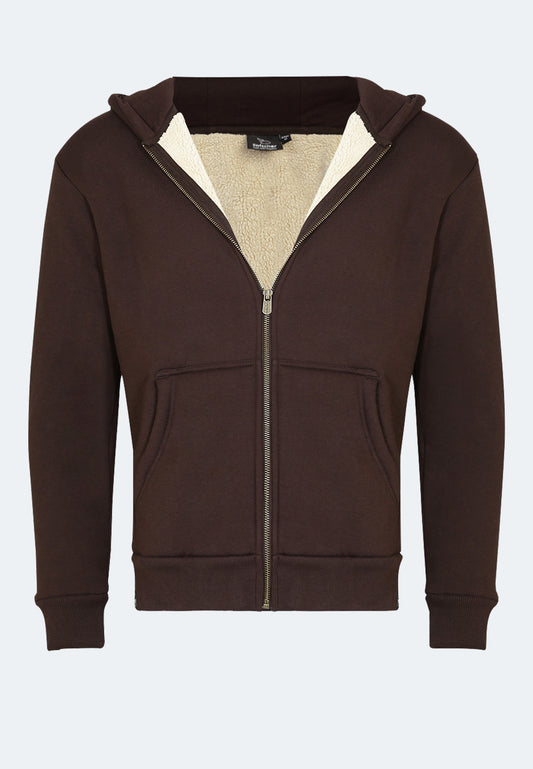


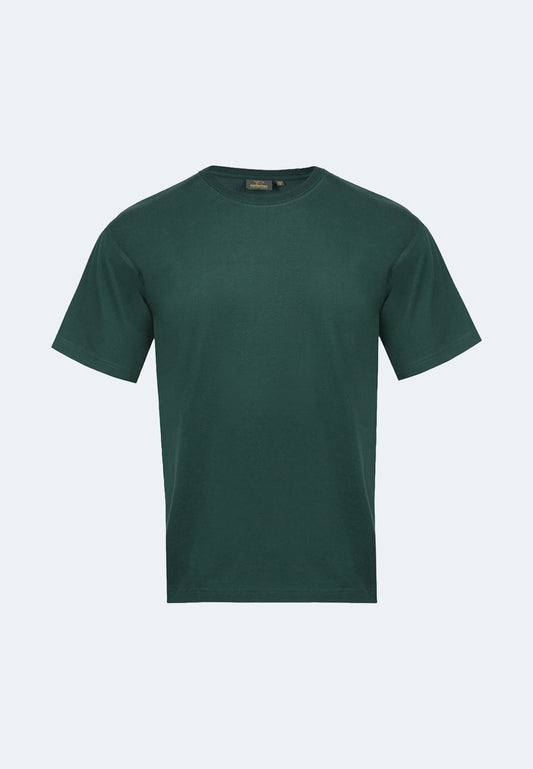


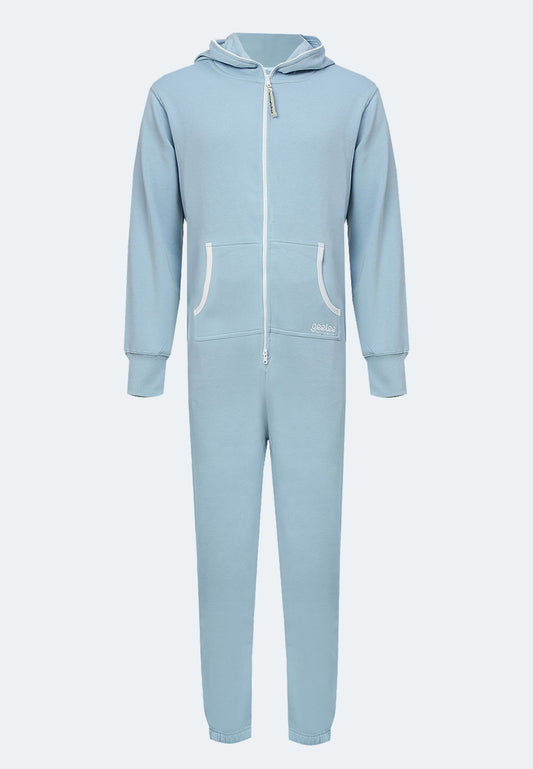





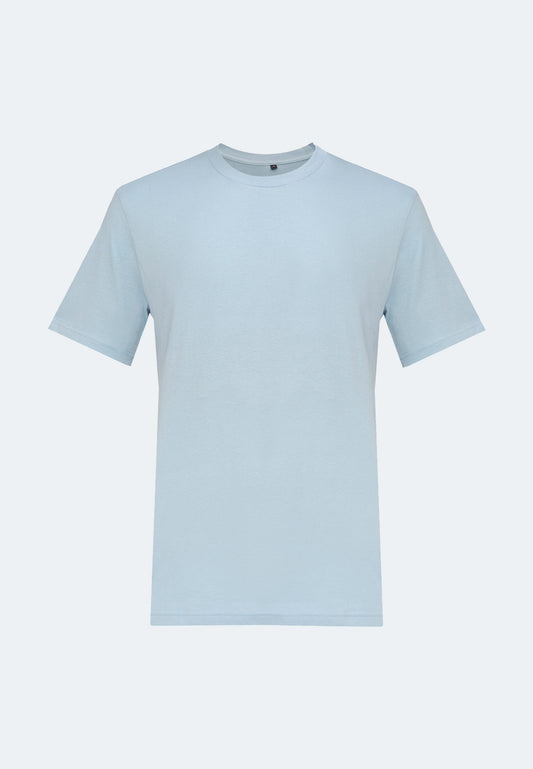


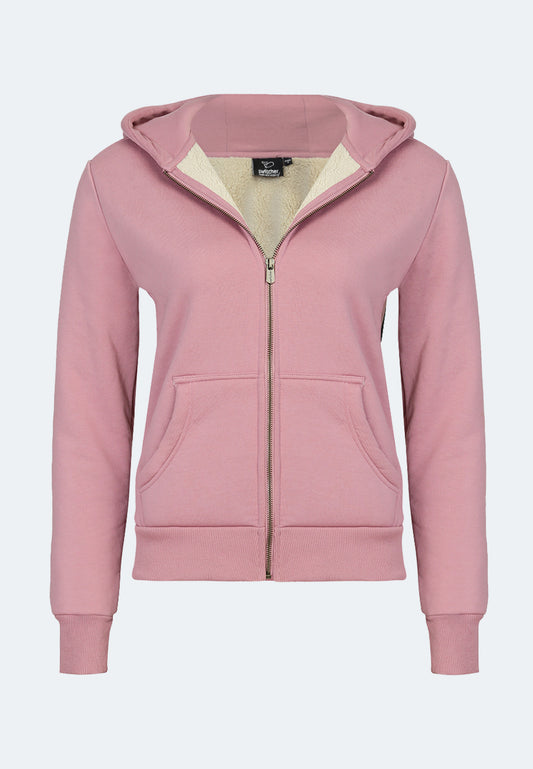


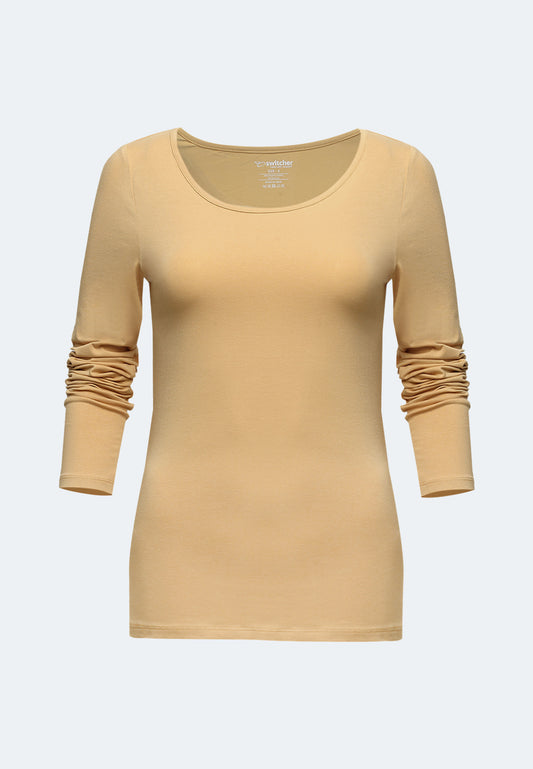

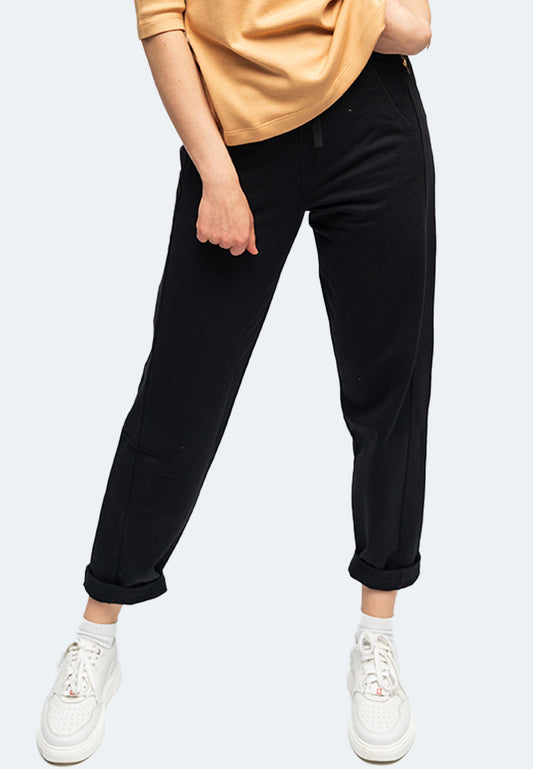
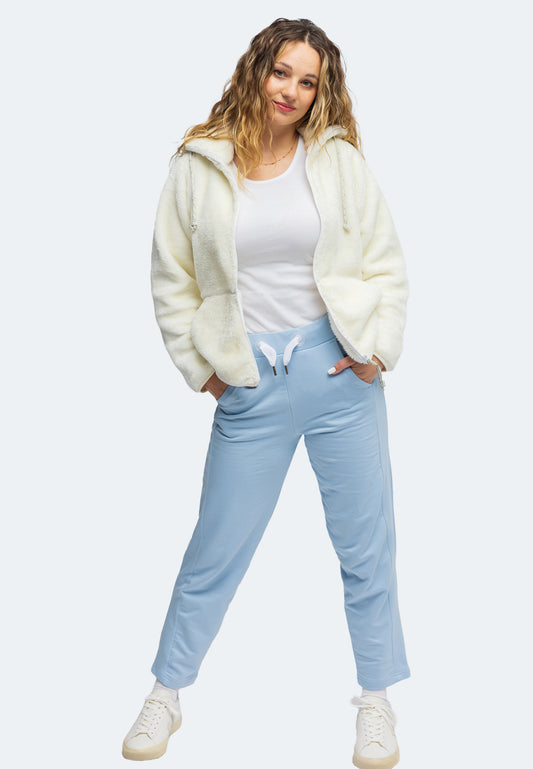


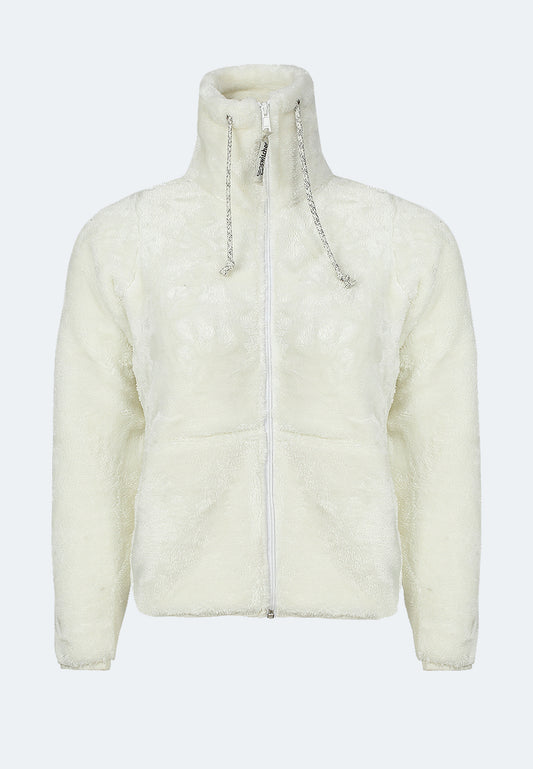

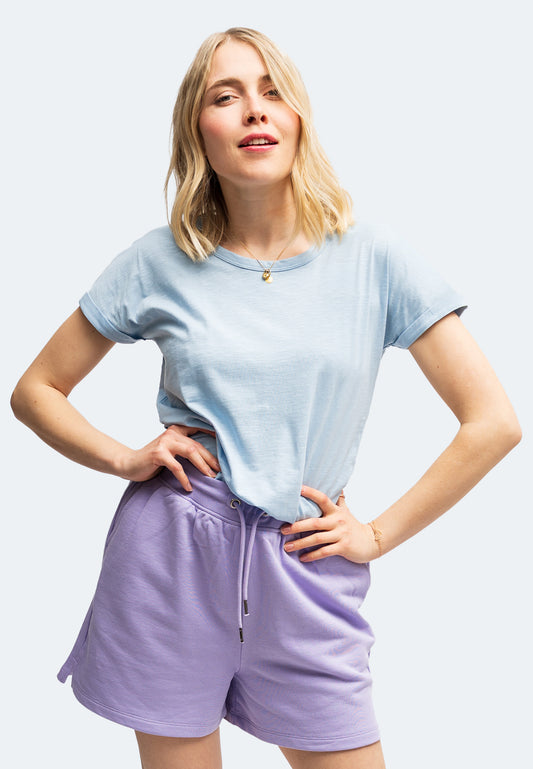


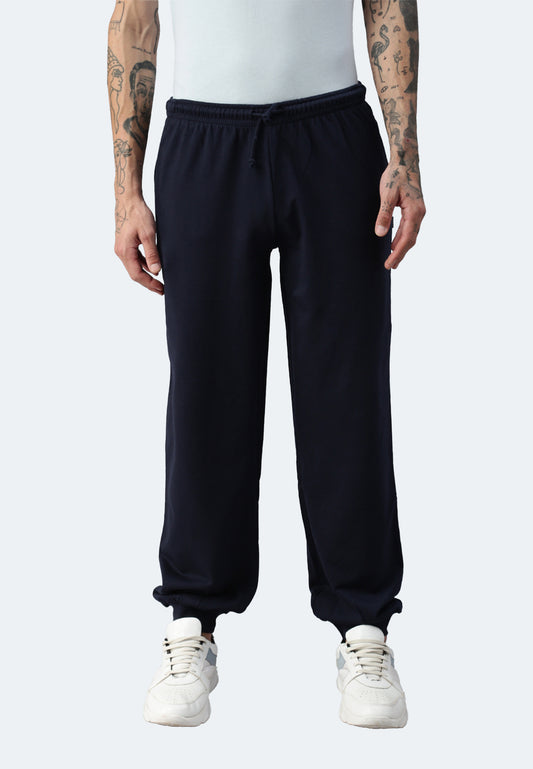
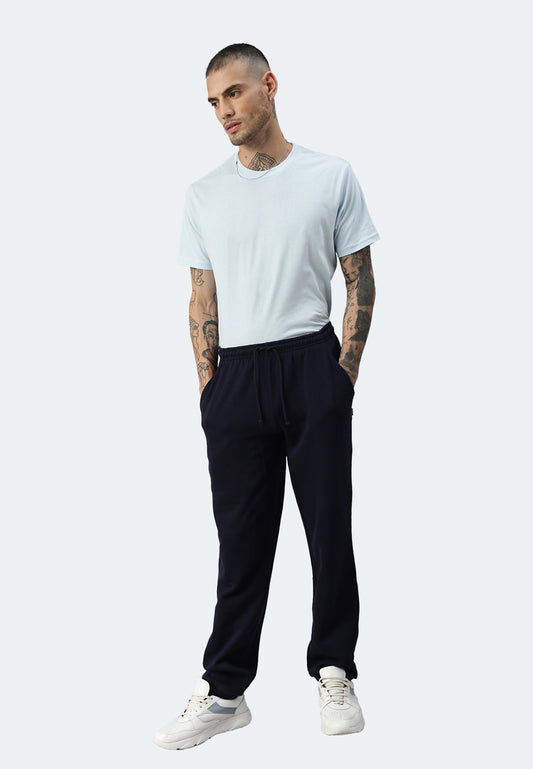








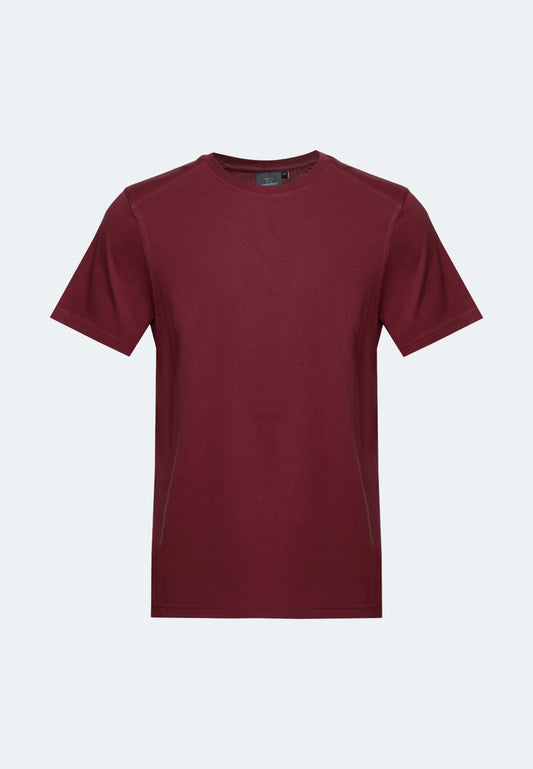







Leave a comment